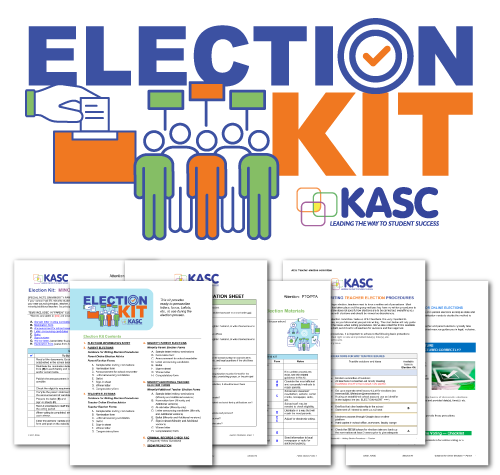Unlimited NTI days, 2021-2022 funding: Memorandum provides flexibility for Kentucky’s school districts
FRANKFORT, KY) – School districts throughout the Commonwealth were informed June 24 that the state is taking steps to provide unlimited non-traditional instruction (NTI) days during the 2020-2021 academic year.
This announcement came in the form of a memorandum submitted by Interim Education Commissioner Kevin C. Brown and signed by Lt. Gov. and Secretary of the Education and Workforce Cabinet Jacqueline Coleman. The memorandum temporarily suspends the statute capping NTI days at 10 and indicates that Brown will recommend an administrative regulation to the Kentucky Board of Education providing for unlimited NTI days for the next school year. It came on the same day Gov. Andy Beshear announced the release of the Healthy at School guidance during his daily press conference on the COVID-19 pandemic.
The NTI Program began as a pilot in 2011, then as a statewide program in the 2014-2015 school year. Prior to the COVID-19 pandemic, districts that were enrolled in the program were allowed up to 10 NTI days per year. These days were used when in-person classes were canceled due to inclement weather or widespread illness, like the flu.
All 172 Kentucky school districts, 53 area technology centers, the Kentucky School for the Blind and the Kentucky School for the Deaf ceased in-person classes and began instituting non-traditional instruction in response to a March 12 recommendation by Gov. Beshear, which would later be continued through the remainder of the school year.
After extending the deadline to apply for the NTI Program for the next school year to June 15, every Kentucky district has now submitted its application, according to David Cook, KDE’s director of innovation and coordinator of the NTI Program.
Also in the memorandum submitted by Brown, the Kentucky Department of Education (KDE) temporarily suspended statutes which calculate school funding based on in-person average daily attendance during the upcoming school year. Brown will recommend an alternative funding model to the Kentucky Board of Education similar to that utilized by local school districts for the 2019-2020 school year.
Brown took action following extensive feedback from school districts requesting the flexibility to use a blended in-person and NTI instructional approach without risking substantial loss of school funding based on as average daily attendance.
During the June 22 Superintendents Advisory Council Meeting, Associate Commissioner Robin Kinney of KDE’s Office of Finance and Operations told the council she did not want funding influencing their instructional decisions.
Several superintendents and educational leaders have voiced concerns during KDE’s advisory councils about the possibility of families not sending their students to school next year. Now, as districts prepare for how they will deliver instruction to their students, they will not have to worry about 2020-2021 attendance affecting their 2021-2022 funding from Support Education Excellence in Kentucky (SEEK) – the primary source of funding for Kentucky’s school districts.
When determining SEEK for the 2019-2020 school year, districts were allowed flexibility from the passage of Senate Bill 177 (2020) to choose whether they wanted to submit their 2018-2019 or 2019-2020 school year attendance data for calculations. Kinney said only 14 of Kentucky’s 172 public school districts decided to use their 2019-2020 data for 2019-2020 school year, feeling that data was an accurate portrayal for their district.
Brown recommends this choice should now carry over into the 2020-2021 school year, as well.
“This provides predictability around funding so districts have the flexibility to educate kids regardless of where they are,” said Brown.
For next school year, however, instead of counting attendance, districts will need to count participation.
If students are in the classroom, participation will be counted if they are present. If the school is using remote learning, a student logging into their device could determine participation.
In the memorandum, Brown said he is recommending the Kentucky Board of Education adopt an emergency administrative regulation that sets guidelines for recording student participation during traditional instructional days, NTI days, and blended in-person and NTI days.
“These recording guidelines will not only assist districts in more uniform recording of remote learning, but also will provide transparency to communities regarding student participation throughout a variety of instructional delivery models,” Brown wrote.


